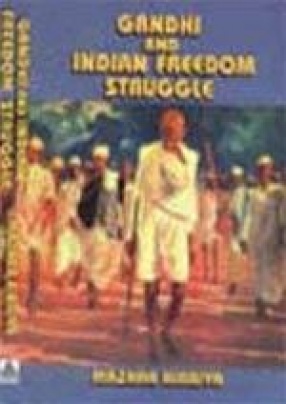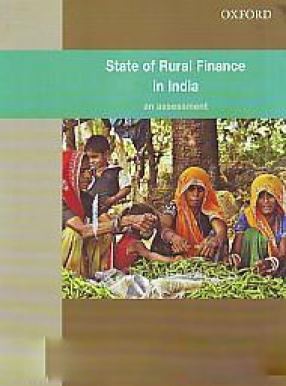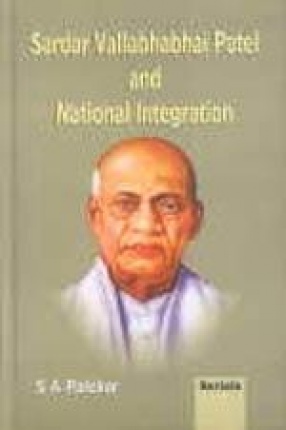The present work is a sincere attempt to understand the theoretical and conceptual dimensions as well as practical nature and efficacy of non-violence as defined, interpreted, developed and practised by Gandhi at several occasions the Indian freedom struggle. During this struggle Gandhi played a novel non-violent role which proved to be decisive in making India free from the British domination and left an indelible impact on the masses and classes of India as well as the world. The use of non-violent tools such as non-co-operation and civil disobedience by Gandhi to achieve the freedom of India proved to be fairly successful in three ways. Firstly, they mobilized the poor and un-armed masses of India by removing the fear of British violence from their hearts and minds. Secondly, they kept the violent moods, acts and deeds of both the Britishers as well as the Indian extremists and terrorists in check, thereby, led the Indian national movement in a right direction and logical conclusion. And thirdly, they helped to hasten the transfer of power from the Britishers to the Indian people without any heavy loss of life and bloodshed. Hence, the present work is imperative for those who are seriously interested in understanding the intrinsic power and energy of Gandhian philosophy of non-violent tools and techniques and their rational applications in the Indian freedom struggle for marking India free from the colonial yoke. The work gives a very clear conception of Gandhies philosophy and method of non-violence in extremely convincing manner. The work also provides an open window to peep through the historical and political developments of the colonial era vis-a-vis Gandhi’s non-violent struggle against illegal British occupation in a chronological and objective manner.
Gandhi and Indian Freedom Struggle
Out of stock
Out of stock
Free & Quick Delivery Worldwide
Bibliographic information
Title
Gandhi and Indian Freedom Struggle
Author
Edition
1st ed.
Publisher
ISBN
8176480584
Length
xi+387p., 23cm
Subjects





There are no reviews yet.